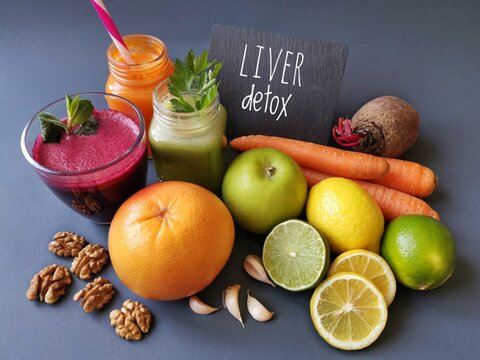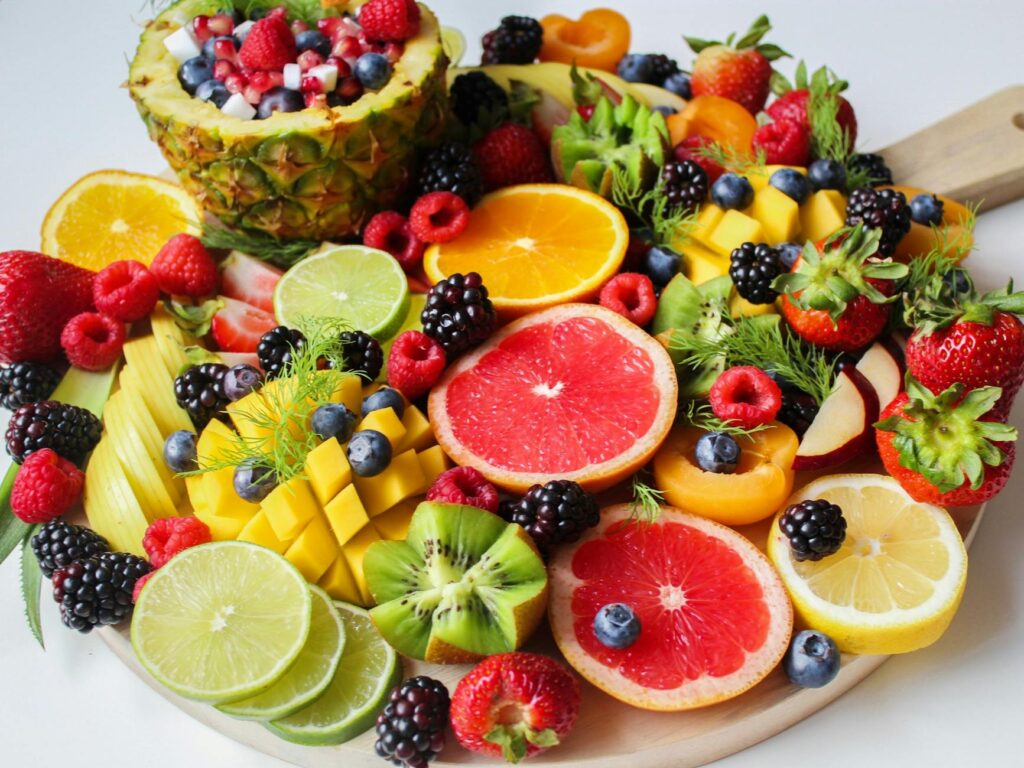The liver is a vital organ in our system that helps in getting rid of toxins from our bodies; it produces bile responsible for the absorption of nutrients in the body and excretion of excess cholesterol, and energy is usually stored in the form of fat in the fatty tissues for future use.

Several things can compromise the way this organ functions. They include; –
- Infections e.g., Hepatitis A, B, C
- Autoimmune disorders; – e.g., autoimmune hepatitis, primary cholangitis
- Fatty liver disease- when there is excess fat accumulation in the liver.
- Genetics – maybe the condition can be due to genes.
- Exposure to chemicals, e.g., eating foods sprayed on chemicals or harmful fertilizers that contain heavy metals like lead, mercury, etc
- Excessive alcohol intake – can cause fatty liver disease since alcohol inhibits the breakdown of fats, leading to the accumulation of fats in the liver.
Once the liver is damaged, it can lead to scarring, making the liver work harder and eventually leading to liver failure.
If you exhibit these signs, it’s time to start taking the necessary steps to help improve your liver health and prevent further damage.
These signs include; – loss of appetite, fatigue, nausea, vomiting, pale stool, constipation, and abdominal pain. It’s better to seek medical attention if you have had these episodes so the doctor can diagnose and treat them.
Did you know you can naturally improve your liver function to prevent further damage?
Let me take you through a few adjustments you can make to your lifestyle to have a healthy liver.
1. Limit alcohol consumption or avoid it and use illegal drugs
Excessively drinking alcohol can overwork the liver, compromising its function. Therefore, limiting alcohol will help protect the liver. If you have to drink one bottle per day for women and two bottles for men in a day, it’s better to drink occasionally, not daily.
Statistics have shown alcohol drinking is the primary cause of liver disorder.
Individuals already with fatty liver disease may need to abstain from alcohol for at least two months or permanently do away with alcohol.
Alcohol consumption can promote unhealthy behavior, e.g., unprotected sex, which can potentially expose one to contracting hepatitis and other viral infections.
2. Go for fiber-rich organic foods with anti-inflammatory properties and antioxidant benefits.
Identify markets that sell organic foods commodities free from chemical pesticides and herbicides that are safe for the liver to control toxicity.
Avoid refined grains; eat high-fiber foods with low sugars or carbs; this will control the overworking of the liver, which helps reverse liver damage. High-fiber foods include; – whole grains cereals, vegetables, fruits, seeds, and nuts. These foods also help get rid of excess cholesterol and detox the gut. This diet also helps manage your weight. Studies have shown obesity increases the risk of non-alcoholic fatty liver disease. It’s good to work with the dietitian to get guidelines on dietary changes to enhance gradual weight loss.
3. Make a habit of eating fruits and vegetables.
Traditional vegetables provide vital nutrients and minerals, e.g., potassium, magnesium, and vitamins; they also contain immune-boosting properties like chlorophyll, which help in cleansing the liver.
Fruits have antioxidant properties, e.g., beetroot helps naturally detox the liver by protecting it against oxidative stress and reduces liver inflammation. Blueberries research has shown that they reduce inflammation and protect the liver, reducing injury to the organ by reducing oxidative stress. Other fruits include; – plums, apples, oranges, lemons, etc.
Antioxidant teas and healthy spices, e.g., turmeric tea, green tea, lemon tea, ginger tea, and check for naturally homemade detox teas.
You may add turmeric to foods like detox, smoothies, and teas.
Ginger and garlic are also among the many healthy spices with antioxidant properties that protect the liver from toxic agents.
Lemon tea, according to statistics, has been shown to improve liver function, digestion, and detoxification of the liver.
-
- Choose honey over sugar since it contains antibacterial and antifungal properties, which help eliminate infections and even boost immunity to help reduce liver inflammation.
- Go slow on processed meats since they tend to increase the risk of developing NAFLD or even worsen the condition if someone already has liver disease.
- Consume healthy fats – Research has indicated that these healthy fats help reduce inflammation and lower the fat level in the liver. Healthy fats include oily fish, nuts, seeds, vegetable oils, etc.
- Find ways of stress management.
Some studies found that a part of the brain controls the liver. Stress can weaken blood flow, leading to or triggering liver damage.
Chronic stress can be due to emotional and psychological issue, which usually manifests in the form of anger, guilt, shame, and social interaction problems. Promoting an inflammatory response can worsen liver damage or contribute to developing liver diseases.
Damage to the liver interferes with healthy blood flow and may cause brain fog, rib pain or failure, dizziness, headaches, poor vision, and digestive issues, e.g., nausea and loss of appetite.
You can control stress in several ways, e.g., meditation, self-compassion, counseling or a psychologist, having a social support circle, prayers, and spiritual healing. You can order essential oils online that help elevate stress and bring a calming effect due to mental fatigue.
4. Do physical activities
Engaging in exercises helps improve blood flow through the organs, reduces inflammations, and helps enhance the detox process done by the liver. It also helps eliminate excess fats in the body and control obesity, which is a risk factor for non-fatty liver disease.
5. Get yourself some herbal supplements for detox.
These detox supplements help improve the organ function and detoxify the liver. When there is less toxin buildup in the body, it becomes easy for the organs to function well. In the long run, this will even boost the body’s immune system, meaning there will be less infection rate.
If you can master these ways and make adverse changes, then be sure you’ll have at least helped your organs work well, and fewer diseases are likely to occur.
Share the article if you found it helpful.

